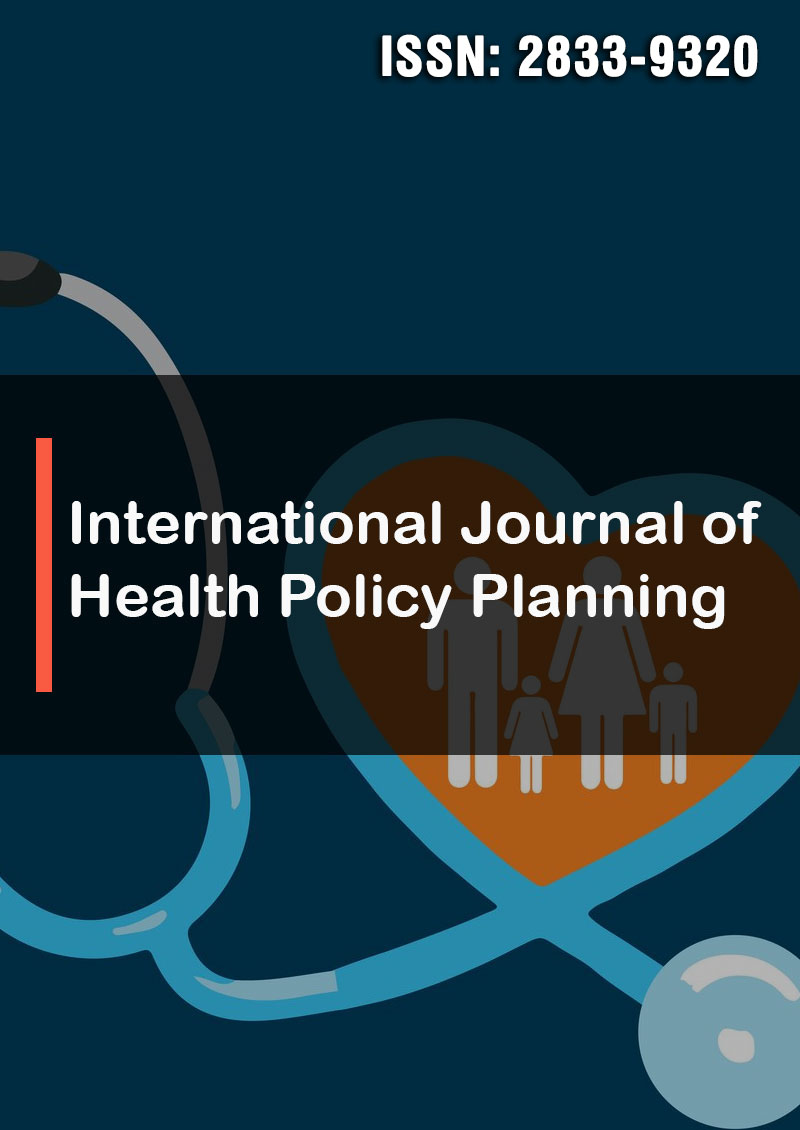AI in Health Policy: Navigating Implementation and Ethical Considerations
Abstract
Omid Panahi
The integration of Artificial Intelligence (AI) into health policy holds immense potential for improving population health out- comes, optimizing resource allocation, and enhancing healthcare delivery. However, the successful implementation of AI-driven policies necessitates careful navigation of complex ethical considerations and practical challenges. This abstract explores the multifaceted landscape of AI in health policy, examining key areas such as predictive analytics for disease outbreaks, personalized medicine strategies, and automated administrative processes. It highlights the potential benefits, including increased efficiency, improved accuracy in decision-making, and enhanced access to care, while also addressing critical ethical concerns surrounding data privacy, algorithmic bias, and equitable access. Furthermore, the abstract discusses the implementation hurdles, including the need for robust data infrastructure, regulatory frameworks, and workforce training. Ultimately, this analysis underscores the importance of a multidisciplinary approach that balances innovation with ethical responsibility to ensure AI's transformative potential is realized in a just and equitable manner within the realm of health policy.




